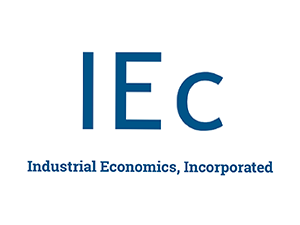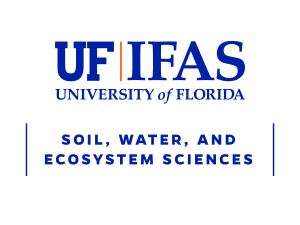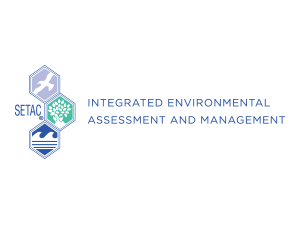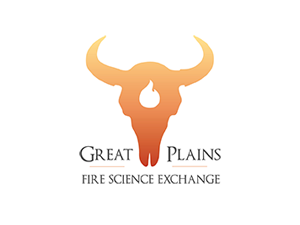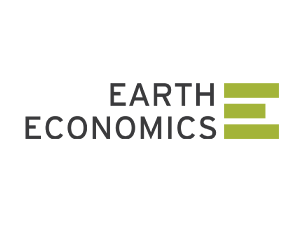Sponsor Recognition
It is only through the generous financial contributions from our sponsors that make this event possible. Their donations are greatly appreciated. Interested in becoming a sponsor? Visit the Sponsorship Opportunities page.
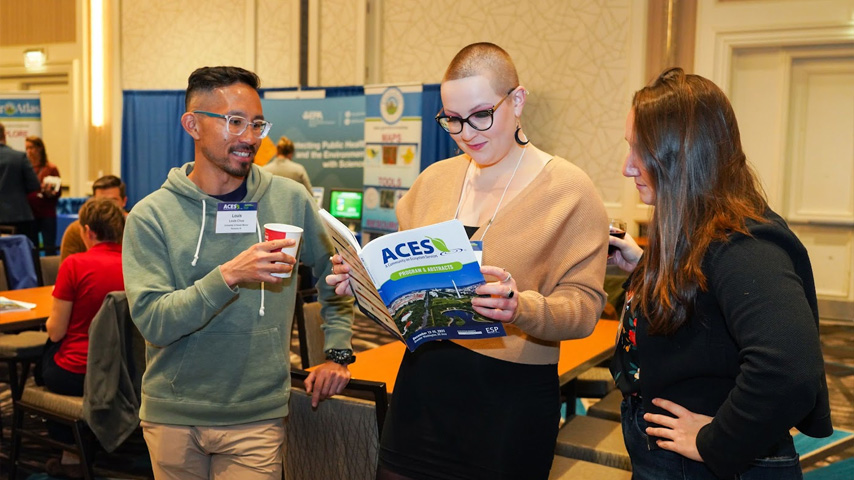
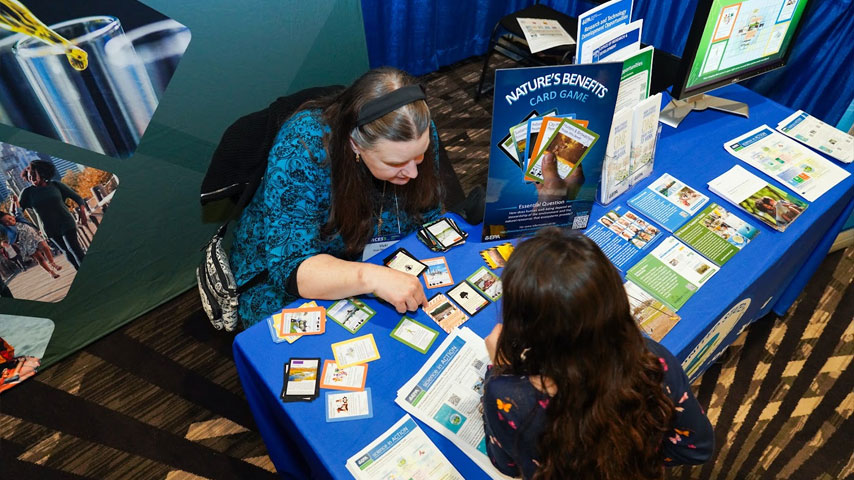
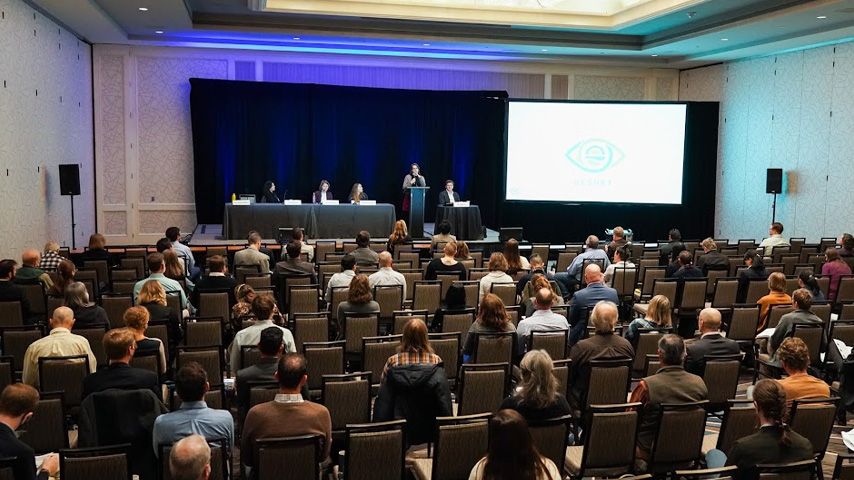
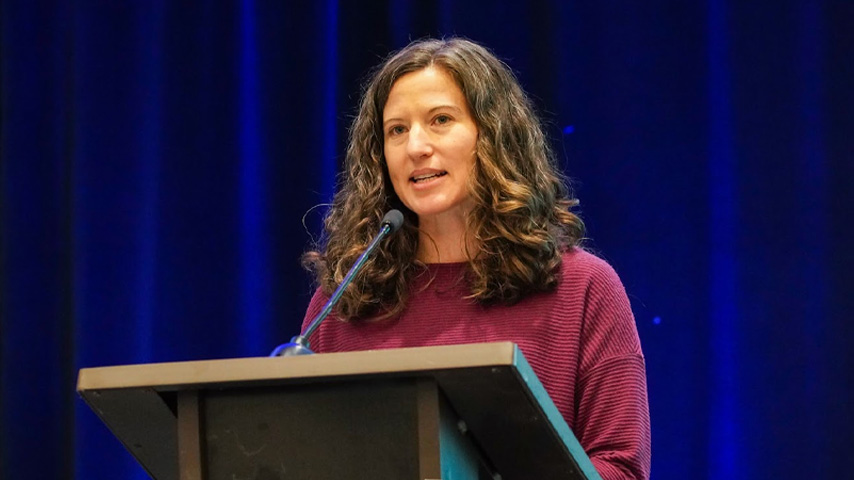
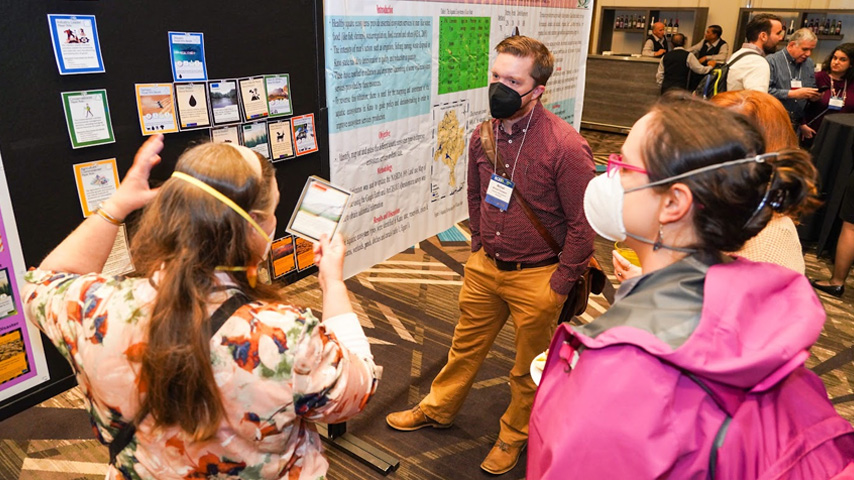
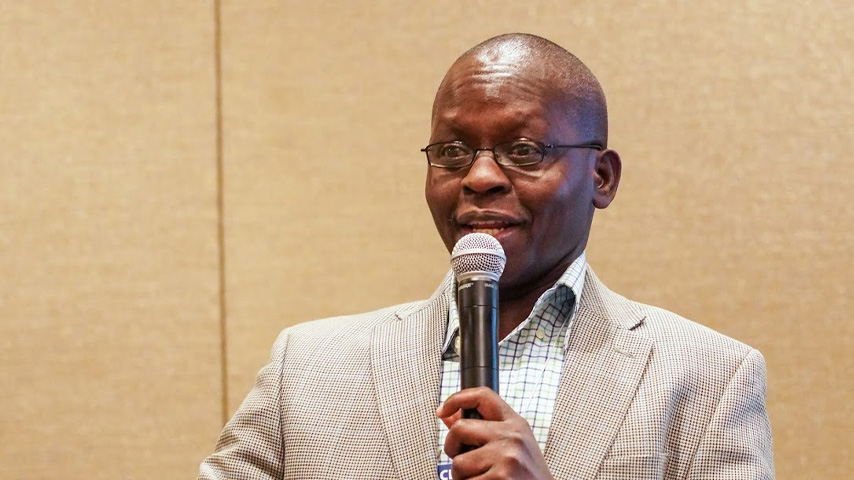
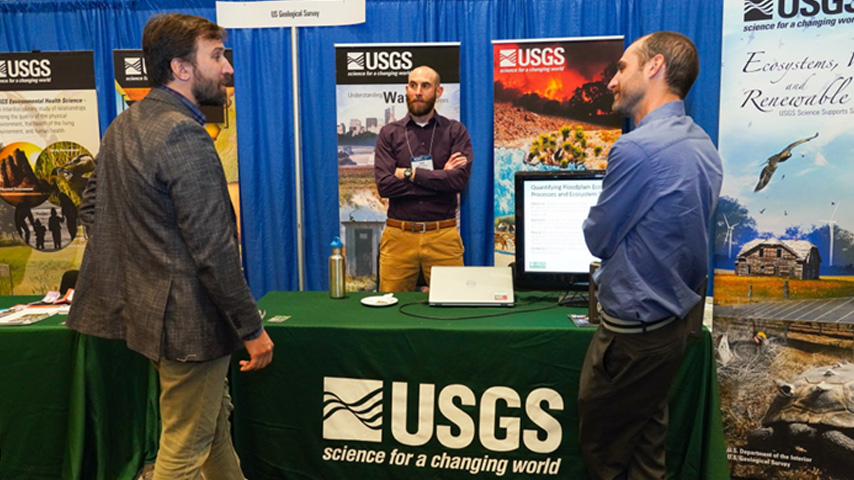
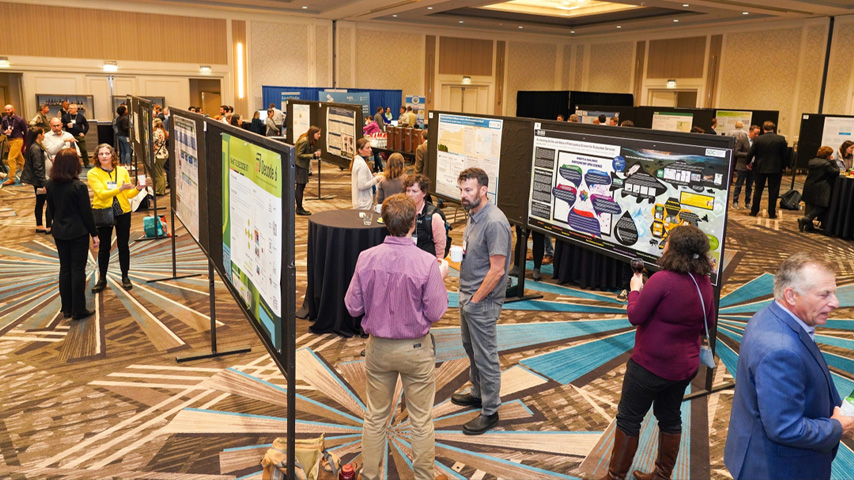
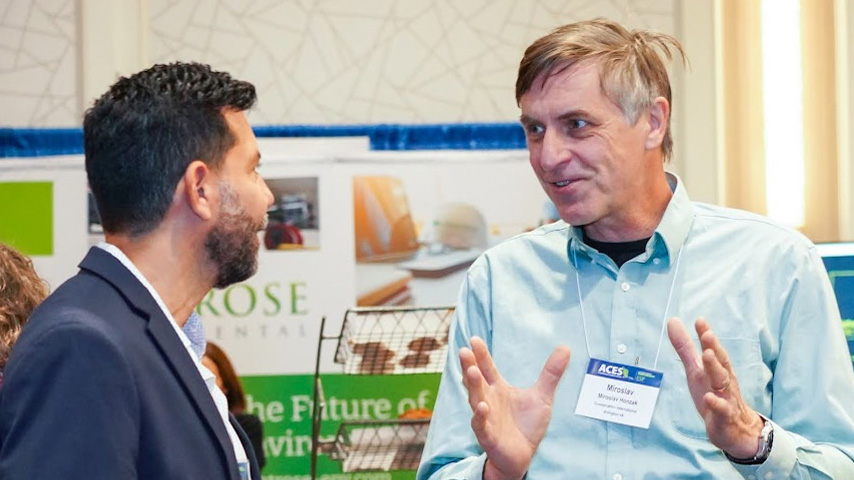
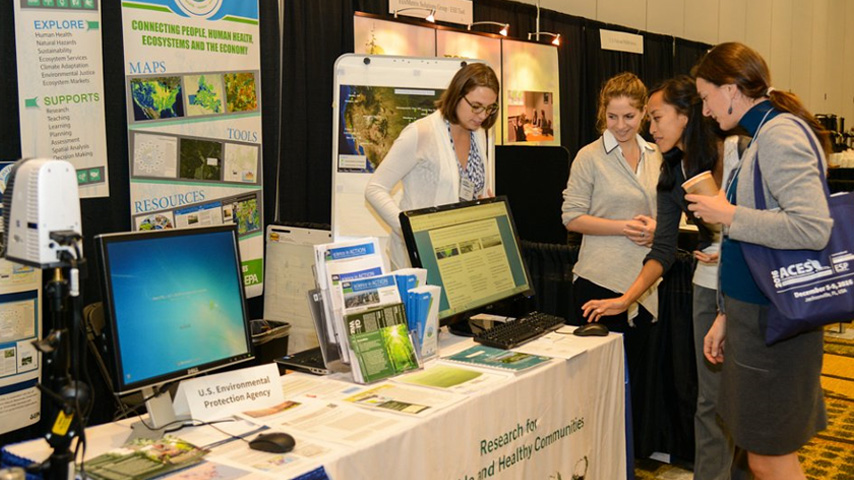
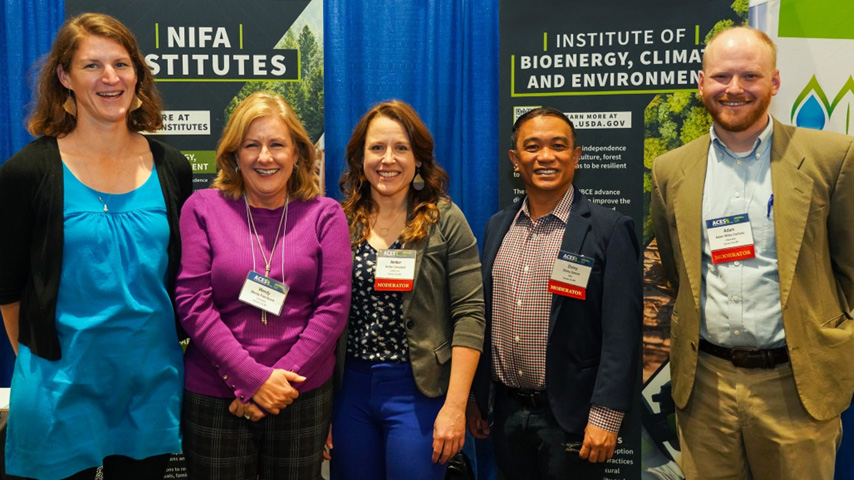
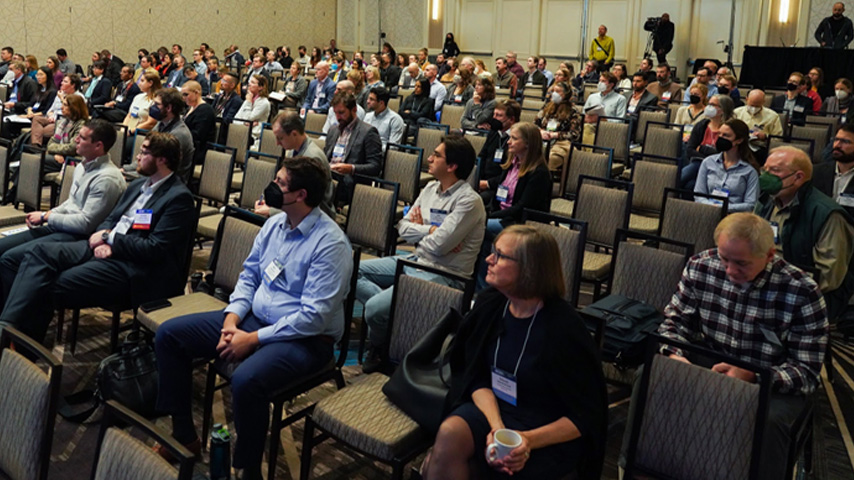
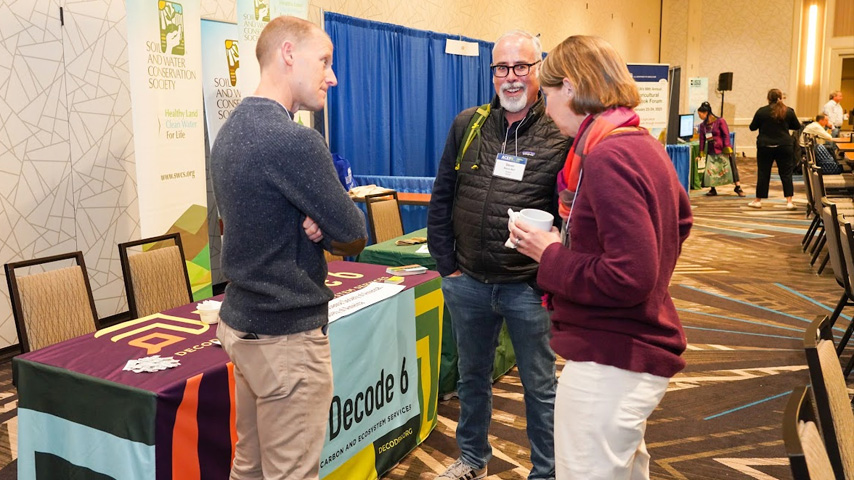
It is only through the generous financial contributions from our sponsors that make this event possible. Their donations are greatly appreciated. Interested in becoming a sponsor? Visit the Sponsorship Opportunities page.













We are dedicated to providing a harassment-free experience for everyone, regardless of gender, gender identity and expression, age, sexual orientation, disability, physical appearance, body size, race, ethnicity, religion (or lack thereof), or technology choices. We do not tolerate harassment of participants in any form. Suggestive statements, sexual innuendo, or offensive remarks are not appropriate during any activity, including during talks, poster sessions, workshops, social functions, after hours parties, via Zoom chat or on Twitter or other online media. Participants asked to stop any harassing behavior are expected to comply immediately. Those violating these rules may be sanctioned or expelled without a refund at the discretion of the organizers. If you are being harassed, notice that someone else is being harassed, or have any other concerns about participant behavior, please notify the organizers immediately.
It is possible you may be contacted by a company claiming to be the official housing bureau for this conference. These companies contact conference exhibitors and attendees, telling them the guest room block is sold out at the host hotel. The company then quotes a rate at another hotel, claiming it is an official room block and that you must reserve through them to get discounted rates. They ask for your credit card information so they can make a reservation for you. DO NOT FALL FOR THIS or you will lose your money. This scam is affecting conferences all over the country. No matter what meeting you attend, always use the hotel reservation links provided on the host organization’s website.
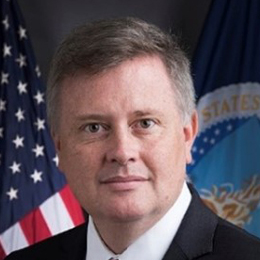
Senior Environmental Markets Analyst, U.S. Department of Agriculture (USDA), Office of Environmental Markets, Washington, D.C.
Dr. Christopher Hartley is responsible for the development of policy, tools, and metrics to facilitate private investment in conservation and the participation of farmers, ranchers, and forest landowners in emerging environmental markets. He previously worked for the Natural Resources Conservation Service in Washington, DC and in California building partnerships to accelerate voluntary conservation and served with the U.S. Peace Corps as an agricultural extension agent in Senegal, West Africa. He is a Certified Crop Advisor, and a licensed Pest Control Advisor with more than 25 years of experience working in support of production agriculture and the promotion of clean air, clean water, and a safe and abundant food supply. Dr. Hartley earned a Ph.D.in Ecology, emphasis Agroecology, M.Sc. Agronomy, MSc. International Agricultural Development from the University of California at Davis.
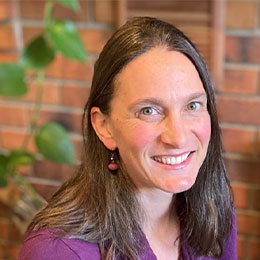
Social Science Research Consultant, U.S. Geological Survey, Langley, WA
Dr. Hoelting received her Ph.D. from the Human Dimensions of Natural Resources Department at Colorado State University. Her dissertation explored pathways for improved consideration of cultural ecosystem services in decision-making. Prior to receiving her doctorate, Kristin spent over a decade conducting social science research for Federal agencies, including NOAA Fisheries and USGS. She currently works as a Social Science Research Consultant with the USGS on questions related to CES knowledge.
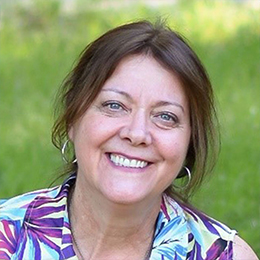
Director, UF/IFAS Office of Conferences & Institutes, Gainesville, FL
Beth Miller-Tipton has served as Director of the UF/IFAS Office of Conferences and Institutes (OCI) for the past 30 years. She has been a guiding force, providing leadership to a creative and devoted planning team whose mission is to unite scientists and professionals focused on a common purpose so they can make a positive impact on the world around them. In addition to management responsibilities, Beth also coordinates several large scientific conferences, including ACES.

Science Information Specialist, U.S. Geological Survey, Reston, VA
Shonté Jenkins is the Science Information Specialist at the US Geological Survey (USGS) Science and Decisions Center (SDC) in Reston, VA. While at the center Shonté has been instrumental in producing products, which communicate the many efforts and projects by the SDC scientists within the center through print and digital media. Shonté is passionate about early education outreach and bringing more diversity to science. She pursues these efforts for the center and across the USGS as a member for the Diversity, Equity, Inclusion, & Accessibility (DEIA) Council. Shonté has served an active role in the A Community on Ecosystem Services (ACES) conferences as a program and planning committee member since 2012 and more recently as Co-Chair. In addition to her many professional accomplishments, Shonté considers her greatest accomplishments being a mother, wife, and woodworker loving life in beautiful and rural Northern VA.
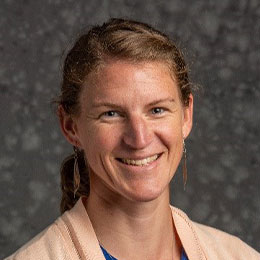
Biological Science Specialist, U.S. Department of Agriculture, NIFA, Kansas City, MO
Erika Kraus is a Program Specialist at the National Institute of Food and Agriculture, USDA. She works with competitive grant programs that support graduate students, including the Pre- and Postdoctoral Fellowships within AFRI, and the National Needs Fellowships. She also supports the Food and Agriculture Non-formal Education competitive grant program. Erika was an ACES Graduate Fellow and volunteer in 2018 as a PhD candidate attending Michigan State University in Forestry.
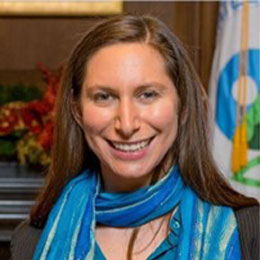
Ecologist, U.S. Environmental Protection Agency, ORD, Cincinnati, OH
Tammy is an ecologist with EPA’s Office of Research and Development, Center for Environmental Measurement and Modeling. Her current work portfolio is divided into restoration effectiveness and ecosystem services research. She leads the habitat restoration research as part of the Great Lakes Areas of Concern "Remediation to Restoration to Revitalization" (R2R2R) research team composed of ORD, GLNPO, and other Federal and local partners. She is the technical lead for the Ecoservice Models Library and the National Ecosystem Services Classification System Plus.

Assistant Center Director, CCTE MI: SHC and SSWR US, Environmental Protection Agency, ORD, Gulf Breeze, FL
Dr. Marc Russell is responsible for his Center’s planning and implementation of research in EPA’s Sustainable and Healthy Communities and Sustainable and Safe Water Research Programs. He works with other EPA centers, offices, national research programs, and communities to develop innovative, scientifically sound, and sustainability focused decision support tools. These tools assure that the integrated research vital to the future of environmental protection is robust, defensible and useful. Dr. Russell specializes in landscape system ecology with foci in estuarine net ecosystem metabolism, freshwater inflow, landscape characterization, net anthropogenic nutrient budgets, system dynamics models, functional equivalency, ecosystem services, and natural capital accounting.
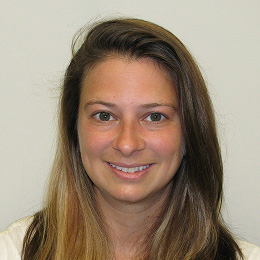
Decision Scientist, U.S. Environmental Protection Agency, ORD, Gulf Breeze, FL
Leah Sharpe is a Decision Scientist with the Gulf Ecosystem Measurement and Modeling Division of ORD’s Center for Ecosystem Measurement and Modeling. She joined EPA in 2016 and, since then, has been working to incorporate ecosystem service thinking into decision making processes and developing tools and approaches for doing so. Prior to her time at the EPA she worked for NOAA Fisheries where she focused on decision support, science communication, and policy analysis.
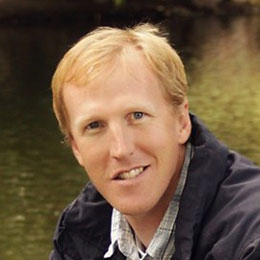
Research Economist, USDA Forest Service, Rocky Mountain Research Station, Fort Collins, CO
Dr. Travis Warziniack is a research economist with the USFS Rocky Mountain Research Station. His work focuses on valuation of ecosystem services, with an emphasis on watershed health, climate impacts to water resources, and nature’s role in regional economies. He leads the development of natural capital accounts for forests in the U.S. and serves as the water specialist for the Resource Planning Act (RPA) Assessment, which looks at the status and trends of the nation’s renewable natural resources. Prior to working at the Rocky Mountain Research Station he was a professor of environmental economics at the University of Heidelberg, Germany and worked as a consultant in economic development. He received his PhD from the University of Wyoming in 2008.
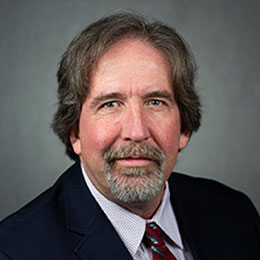
Professor, UF/IFAS Soil Water, and Ecosystem Sciences, Gainesville, FL
Dr. Matt Whiles is Professor of the Soil, Water and Ecosystem Sciences Department at the University of Florida. Leading a department of forty-eight faculty members, including sixteen at Research and Extension Centers located throughout the state. Before moving to UF, Whiles was a Professor at Southern Illinois University (SIU), where he directed the Center for Ecology and the Cooperative Wildlife Research Laboratory. Matt holds a Ph.D. in Ecology, a masters in Entomology and a Bachelor of Science in Biology. Matt’s research focuses on quantifying the roles of animals in freshwater ecosystem function. He has led numerous large, collaborative projects, including the Tropical Amphibian Declines in Streams (TADS) project examining the ecological consequences of amphibian declines. He has worked closely with agencies and NGOs on stream and wetland management and restoration and served on numerous panels guiding management of freshwater habitats.
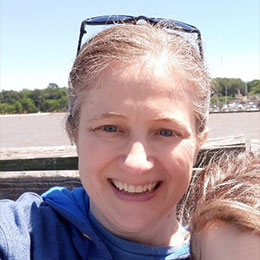
Ecologist, U.S. Environmental Protection Agency, ORD, Gulf Breeze, FL
Susan is an ecologist with EPA’s Office of Research and Development, Center for Environmental Measurement and Modeling since 2006, where she started as a postdoc modeling impacts of climate stressors on coral reef health. She is currently working on projects to identify and quantify the benefits of ecological restoration for coastal communities, including Massachusetts Bay and the Chesapeake Bay.
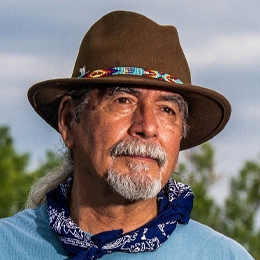
Professor, Scholar, Author
Haskell Indian Nations University
Lawrence, KS
Daniel R. Wildcat is a Yuchi member of the Muscogee Nation of Oklahoma. His service as teacher and administrator at Haskell spans 38 years. In 2013 he was the Gordon Russell visiting professor of Native American Studies at Dartmouth College. Dr. Wildcat received an interdisciplinary Ph.D. from the University of Missouri at Kansas City. In 1994 he partnered with the Hazardous Substance Research Center at Kansas State University to create the Haskell Environmental Research Studies (HERS) Center and subsequently started the HERS summer undergraduate internship program with KU professor Dr. Joane Nagel. He is a noted speaker on Traditional Ecological Knowledges and has offered programs for NOAA, NASA, AGU, ESA, NCAR, and many scientific organizations and universities.
Dr. Wildcat is currently the principal investigator of a 20M, 5 year, NSF-funded project to develop the Rising Voices, Changing Coasts Research Hub at Haskell: a research hub where Indigenous knowledges will be intrinsic to the climate science developed to understand climate change impacts on Indigenous coastal Peoples of the U.S. and its territories. He is the author and editor of several books: Power and Place: Indian Education In America, with Vine Deloria, Jr.; Destroying Dogma: Vine Deloria’s Legacy on Intellectual America, with Steve Pavlik. His book, Red Alert: Saving the Planet with Indigenous Knowledge, suggests Indigenous ingenuity - Indigenuity – is required to reduce the environmental damage in the Anthropocene. He is a co-author of the Southern Great Plains chapter of the Fourth National Climate Assessment. Dr. Wildcat’s new book, On Indigenuity: Learning the Lessons of Mother Earth, is now available.
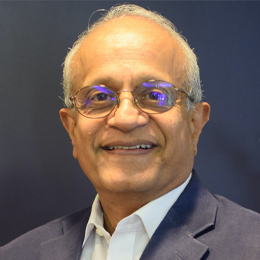
President
Northwest Commission on Colleges and Universities
Redmond, WA
Sonny Ramaswamy is president of Northwest Commission on Colleges and Universities. Sonny served for six years as President Barack Obama’s appointee as the Director of the National Institute of Food and Agriculture in Washington, DC. NIFA catalyzes transformative discoveries, education, and engagement to solve societal and agricultural challenges.
Previously, Sonny served as dean of Oregon State University’s College of Agricultural Sciences, director of Purdue’s Agricultural Research Programs, university distinguished professor and head of the entomology department at Kansas State University, and professor of entomology at Mississippi State University.
As a faculty member, Sonny’s research was funded with grants from federal agencies, including NIFA, NSF, NIH, EPA, and USAID, and from state agencies, commodity groups, and industry. He has published over 150 journal articles, book chapters, and a book, and has a patent. Sonny is the recipient of several awards and honors, including Fellow of the American Association for the Advancement of Science, Fellow of the Entomological Society of America, Food Systems Leadership Award for Extraordinary Impacts on Food Systems, the Ellen Swallow Richards Public Service Award for Visionary Leadership and Exceptional Contributions to Advance the Human Sciences, and Hutchinson Medal from the Chicago Botanic Garden.
Sonny’s BSc (Ag) in agriculture and MSc (Ag) in entomology are from the University of Agricultural Sciences, Bangalore, India. Following his doctorate in entomology from Rutgers University, Sonny undertook postdoctoral research at Michigan State University. He is also a graduate of the Management Development Program from Harvard University.
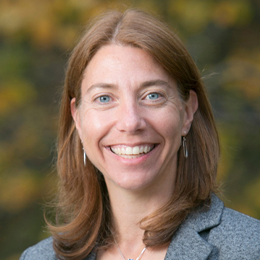
Program Director, Nicholas Institute for
Energy Environment & Sustainability
Duke University
Durham, NC
Lydia Olander is a Program Director at the Nicholas Institute for Energy Environment & Sustainability at Duke University and adjunct professor at the Nicholas School of the Environment. Her program aims to improve policy and implementation for nature-based solutions, natural capital accounting, ecosystem services, environmental markets, climate resilience, and hosts the National Ecosystem Services Partnership. She also sits on Duke’s Climate Commitment action team. She recently spent two years with the Biden Administration at the Council on Environmental Quality as Director of Nature based Resilience and before that spent five years on the Environmental Advisory Board for the US Army Corps of Engineers. She is a fellow of the American Association for the Advancement of Science and widely published researcher. Prior to joining the Nicholas Institute, she spent a year as an AAAS Congressional Science and Technology Fellow working with Senator Joseph Lieberman on environmental and energy issues. She was a college scholar at Cornell, earned a MFS from Yale University and a Ph.D. from Stanford University.
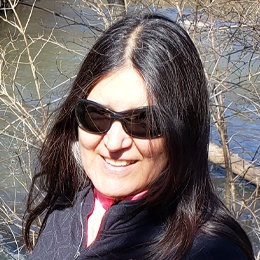
Associate Professor &
Canada Excellence Research Chair
Indigenous Knowledge and
Planetary Well Being, Faculty of Science
University of Calgary
Calgary, Alberta
Deborah McGregor, Anishinabe, Professor and Canada Excellence Research Chair: Indigenous Knowledge and Planetary Well Being, Faculty of Science, University of Calgary. Professor McGregor’s research has focused on Indigenous knowledge systems in diverse contexts including environmental and water governance, environmental and climate justice, health and Indigenous legal traditions. Professor McGregor remains actively involved in a variety of Indigenous communities, serving as an advisor and continuing to engage in community-based research and initiatives. Professor McGregor has been at the forefront of Indigenous environmental and climate justice and Indigenous research theory and practice.
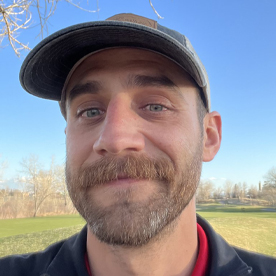
Physical Scientist
U.S. Geological Survey (USGS)
Lakewood, CO
Dr. Zach Ancona is a Physical Scientist with the Geosciences and Environmental Change Science Center in Lakewood, Colorado. He specializes in GIS mapping and data analysis. His work focuses around renewable energies, migratory species, burned area mapping and natural capital accounting.
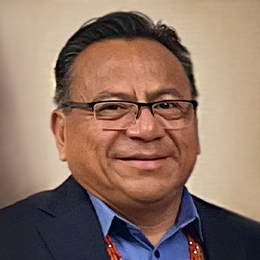
Tribal Historic Preservation Officer
Navajo Nation, Heritage and Historic Preservation Department
Window Rock, AZ
Mr. Richard Begay received his B.A. in Anthropology from Dartmouth College (Hanover, NH), and an Ed.M. from the Harvard Graduate School of Education (Cambridge, MA). He worked on the Navajo Indian Reservation in Arizona, New Mexico, and Utah as a field archaeologist and later as an ethnologist for various projects, including the Bureau of Reclamation’s Glen Canyon Environmental Studies efforts to document Navajo history of the Grand Canyon region. He’s worked on many other projects on the Navajo reservation, working directly with traditional native elders and documenting oral histories, sacred places, and other resources. Richard also worked in various capacities in the Navajo Nation's Historic Preservation Department including managing the Tradition Cultural Program that oversees the Tribe’s repatriation of ceremonial items and human remains.
He also had a brief career with the USDA-NRCS January 2011 to February 2017, as a Liaison to the Navajo Nation (NM, AZ, and UT). His duties include outreach to local Native American producers to apply for NRCS conservation programs, and to identify and recommend ways to address issues concerning the development and implementation of conservation projects on Indian lands. Richard started as the Department Manager for the Navajo Nation Heritage and Historic Preservation Department on February 21, 2017. He is also the designated Tribal Historic Preservation Officer (THPO). He works with Navajo people, Navajo Nation departments and programs, and with federal and state partners to oversee and manage the Navajo Nation’s vast inventory of cultural resources across Arizona, New Mexico, and Utah. He lives on the Navajo reservation and continues to be involved in local cultural resource events and issues.




